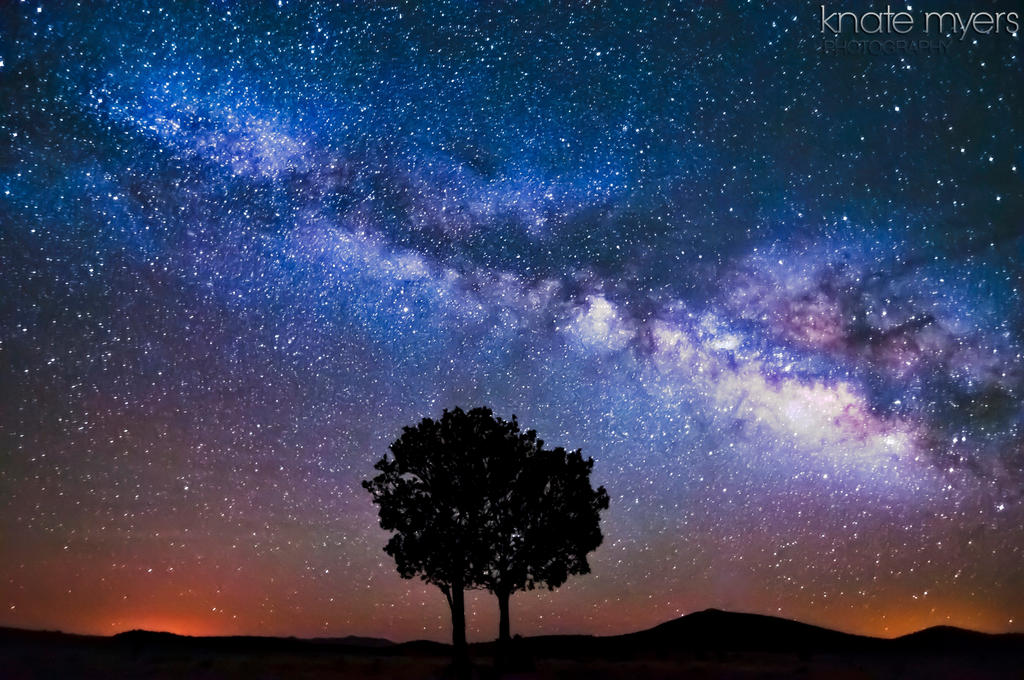 |
| Above: Artist/photographer Knate Myers impression of the Milky Way, our home galaxy that consists of 200,000,000,000 star systems. |
For centuries we've looked up at the stars and wondered what, and who, might be out there. Our technology has advanced to the point where we can travel into space, where we can scan other star systems for signs of thinking creatures.
And we've found... nothing
Oh, don't get me wrong: We've found habitable environments in our own solar system, we've found planets in their stars' habitable zones, and the jury is very much still out on the question of life (New Scientist has a good top 10 of possible evidence of alien life here). We've also found... strange things, that might be evidence of intelligence, that we still cannot explain: The Wow signal, Tabby's star, 1991 VG. But nothing conclusive.
And now a study has put forwards a somewhat grim possibility to explain why: They're all dead.
 |
| They did it. |
"Early life is fragile, so we believe it rarely evolves quickly enough to survive. Most early planetary environments are unstable. To produce a habitable planet, life forms need to regulate greenhouse gases such as water and carbon dioxide to keep surface temperatures stable." He says.
Lookng around our own solar system we can see examples of this - Mars, Venus, and Earth all had habitable environments in their youth, but today Mars is an arctic desert and Venus is a pressure cooker.
Above: NASA Goddard have put together this animation of how Mars evolved from a habitable world to an arctic desert.
Has Chopra hit on an answer? Only time - and more space exploration - will tell us.
No comments:
Post a Comment